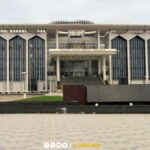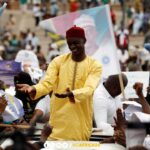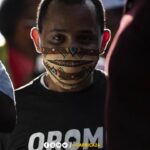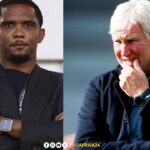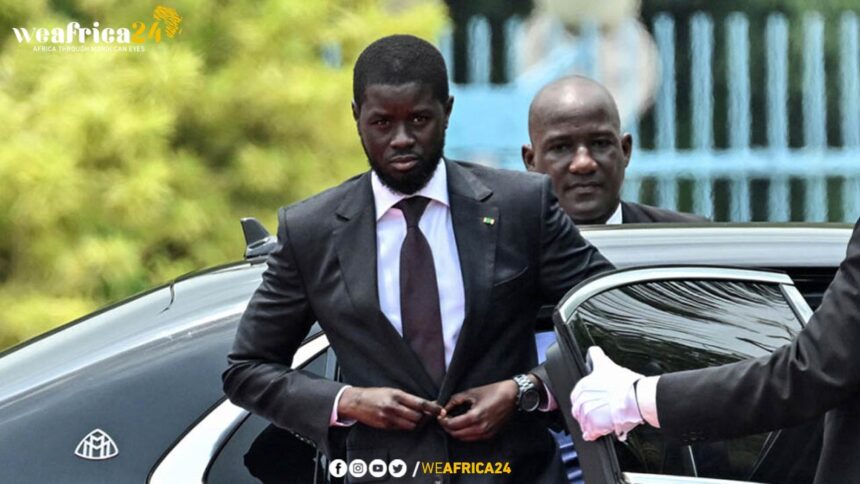What lessons have been learned from the first term of the President of Senegal, Bassirou Diomaye Faye, and his Prime Minister, Ousmane Sonko? The Senegalese press is torn between “praise and criticism,” according to Seneweb, which took the pulse of the Sedhiou region.
Abdoulaye Faty, the mayor of Kolibantang, says President Faye did not disappoint and is on the right track: “There is hope considering the tone of his campaign promises.” The president corrects managerial flaws of the former regime by judiciary reforms and securing farm inputs pre-emptive measures taken against floods, morally rehabilitating the populace.
On the other hand, Idrissa Mane, a Jakarta motorcycle driver, insists that much remains to be done by the government if the expectations of young people are to be met. “He promised us jobs, but so far, the level of youth employment remains a big issue. To restore someone’s dignity, you have to give them work,” Mane says.
Seneweb’s editorial tends to favor Faye, as they mention: “A halo of goodwill surrounds him since taking office. We do not have the tools to measure political popularity accurately, but it is certain that President Faye’s approval has either increased or remained steady since March 24.”
The newspaper is aware of the fact that the much-talked-about “project” before the Senegalese citizens is still under study and is developing at a slow pace. At the same time, however, insisting that actions by Faye reassure internally and reconcile, more and more, Senegalese citizens with the presidency.
The daily 24 Heures refers to signs of an auspicious start but also warns that difficulties lurk. “Although everything is far from perfect, the president lays the foundation for authentic economic and democratic change.” It took just three months of his being in power for Faye to bring all judicial players around the table for an all-inclusive dialogue aimed at modern reforms. A further development was the government’s reduction of essential goods prices, with a promise of more reliefs from pricey living standards.
The promise of oil and gas revenues offers a glimmer of hope. However, the problem of intractable youth employment has yet to be solved. “Much effort is needed to address youth employment by boosting the private sector,” warns the publication.
It is through an editorial by Bougane Guèye Dany, leader of the citizen movement Gueum Sa Bopp, that Senego delivers a more scathing critique. “100 days of dreams, 100 young people die 100 steps from Saint-Louis, 100 pains for Sonko. The illusory project with vile promises gives way to increased and widespread misery. Inhumane! Unacceptable!” he muses in a piece inspired by the recent tragedy of young immigrants drowning off the coast of Saint-Louis.
Dany denounces the deaths of young Senegalese at sea and labels it a tragedy for which urgent actions are required to stop this “hemorrhage” by Diomaye and Sonko. He also accuses the government of being indifferent to flooding and takes authorities to task for exploiting the private sector, rather than attending to the suffering of the poor.


